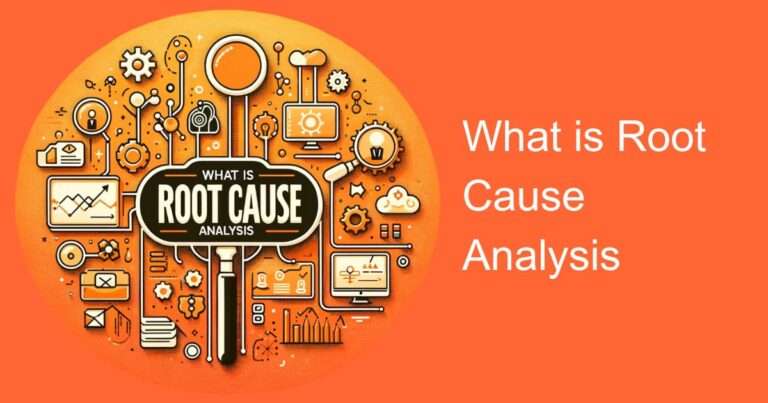In recent years, there has been a growing awareness about the importance of Environmental, Health, and Safety (EHS) in the workplace. EHS has become a crucial aspect of modern-day businesses, and there is a growing need to ensure that all employees are working in a safe and healthy environment. In India, the government has introduced several laws and regulations to ensure that companies maintain EHS standards. This has led to the development of EHS platforms that help companies manage their EHS operations more efficiently.
What is an EHS Platform?
An EHS platform is a software solution that is designed to help companies manage their EHS operations. These platforms typically include a range of features such as incident management, risk assessments, training management, compliance management, and reporting. EHS platforms are designed to help companies improve their EHS performance by providing real-time data, analytics, and insights that can be used to identify areas for improvement.
Benefits of EHS Platforms
There are several benefits of using an EHS platform in the workplace. Some of the most significant benefits include:
- Improved Safety: EHS platforms can help companies identify and mitigate potential safety hazards in the workplace. This can help reduce the number of accidents and injuries that occur, leading to a safer and healthier workplace.
- Increased Efficiency: EHS platforms can help companies streamline their EHS operations, reducing the time and effort required to manage EHS activities.
- Compliance: EHS platforms can help companies ensure that they comply with all relevant EHS laws and regulations. This can help avoid costly fines and penalties that may result from non-compliance.
- Risk Management: EHS platforms can help companies identify potential risks and take steps to mitigate them before they become a problem.
EHS in India
India has some of the most stringent EHS regulations in the world. The Indian government has introduced several laws and regulations to ensure that companies maintain high EHS standards. Some of the most significant EHS laws and regulations in India include:
- The Factories Act, 1948: This act sets out the rules for the health, safety, and welfare of workers in factories.
- The Mines Act, 1952: This act regulates the health, safety, and welfare of workers in mines.
- The Air (Prevention and Control of Pollution) Act, 1981: This act regulates air pollution in India.
- The Water (Prevention and Control of Pollution) Act, 1974: This act regulates water pollution in India.
EHS Platforms in India
Several EHS platforms are available in India that can help companies manage their EHS operations more efficiently. Some of the most popular EHS platforms in India include:
- Safetymint: Safetymint is a cloud-based EHS platform that provides a range of features, including incident management, risk assessments, and compliance management.
- EHS Insight: EHS Insight is a cloud-based EHS platform that provides a range of features, including incident management, risk assessments, and compliance management.
- Intelex: Intelex is a cloud-based EHS platform that provides a range of features, including incident management, risk assessments, and compliance management.
Conclusion
In conclusion, EHS has become a crucial aspect of modern-day businesses in India. With the government introducing several laws and regulations to ensure that companies maintain high EHS standards, the need for EHS platforms has become more critical than ever. EHS platforms can help companies improve their EHS performance by providing real-time data, analytics, and insights that can be used to identify areas for improvement. As such, companies in India should consider investing in an EHS platform to help manage their EHS operations more efficiently.








